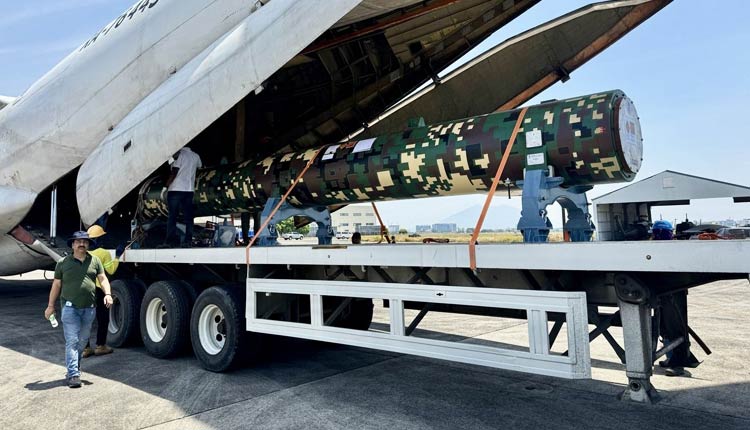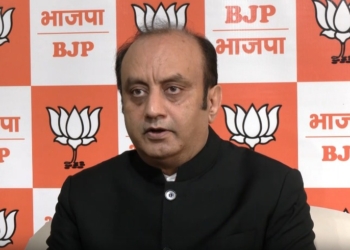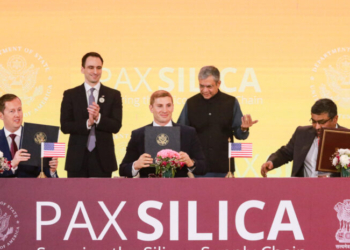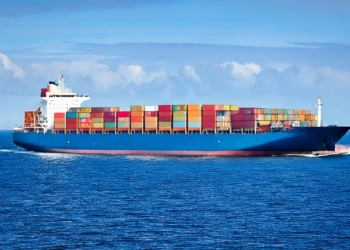New Delhi: India equipping the Philippines with Brahmos cruise missiles, making it the first foreign nation to acquire the missile weapon system developed by an India-Russia joint venture, marks a significant milestone for the Narendra Modi government just as the first of the seven-phase election in the world’s largest democracy kicked off on Friday.
It was in January 2022 that the BrahMos Aerospace Private Limited (BAPL) signed a $374.9 million contract with the Department of National Defence of the Republic of Philippines that included supply of shore-based anti-ship missile systems for the Philippines Navy.
The move spotlighted the important role that the Philippines plays in India’s ‘Act East’ Policy, its overall Indo-Pacific vision and was labeled by New Delhi as “an important step forward for Government of India’s policy of promoting responsible defence exports”.
The Philippines’ Defence Ministry acknowledged that Brahmos will provide deterrence against any attempt to undermine its sovereignty and sovereign rights, especially in the West Philippine Sea.
Initially, the Philippines will be acquiring three batteries – six launchers and missiles. The contract also includes training for operators and maintainers as well as the necessary Integrated Logistics Support (ILS) package.
Last month, External Affairs Minister S. Jaishankar, during his visit to the Philippines, called on the country’s President Ferdinand R. Marcos Jr., briefing him about recent developments in the India-Philippines partnership and on the joint initiatives to further fortify bilateral ties.
Besides meeting his counterpart Enrique A. Manalo, the EAM also met Gilbert Teodoro, Secretary of National Defence of Philippines, to discuss the growing cooperation in defence and maritime security.
“Substantive discussions were held on consolidating the ongoing momentum in bilateral defence ties through capacity building, joint exercises, information exchange and defence industrial collaboration,” the Ministry of External Affairs (MEA) said in a statement on March 27.
Teodoro on the other hand, welcomed India’s “unwavering support” for the Philippines’ position on the West Philippine Sea/South China Sea issue.
“Minister Jaishankar reaffirmed India’s commitment to upholding a rules-based international order and promoting peace and security in the Indo-Pacific region. As part of such efforts, both sides also agreed to promote collaboration among defence industries, enhance mobility and logistics cooperation, as well as explore investments on emerging technologies, cooperation on space domain awareness, and potential partnership on joint research and development (R&D),” stated the Philippines’ Department of Defence.
Addressing common security challenges and building robust defence and military partnerships with countries in the region has remained a top priority for the Modi government over the past 10 years.
BJP’s ‘Sankalp Patra’ for the ongoing Lok Sabha elections 2024 promises not only to protect the country’s security interests in the Indian Ocean Region (IOR) but also vastly expanding the domestic defence manufacturing and exports of ‘Made in Bharat’ defence equipment.
This, it says, will be facilitated by accelerating indigenisation in major air and land equipment platforms.
“Expanding Bharat’s defence footprint across strategic locations and partner with friendly countries to protect Bharat’s and the Indian Ocean Region’s security interests,” it states.
The manifesto also lists promoting regional cooperation and ensuring stability and prosperity, making India a “trusted and responsible partner” in the subcontinent.
“Strengthening Maritime Vision (SAGAR), we will continue to collaborate with the countries of the Indo-Pacific Region for the security and growth of all in the region,” says the manifesto.
While the missile weapon system will help the Philippines to safeguard the strategic waters in the region that includes some of the busiest sea lanes in the world, its procurement by Manila will act as a major boost to ‘Make in India, Make for the World’ initiative launched by the government led by PM Modi.
Defence Minister Rajnath Singh has made it clear that if India wishes to become a military power at the global level, there is no other option than being self reliant in defence manufacturing.
















